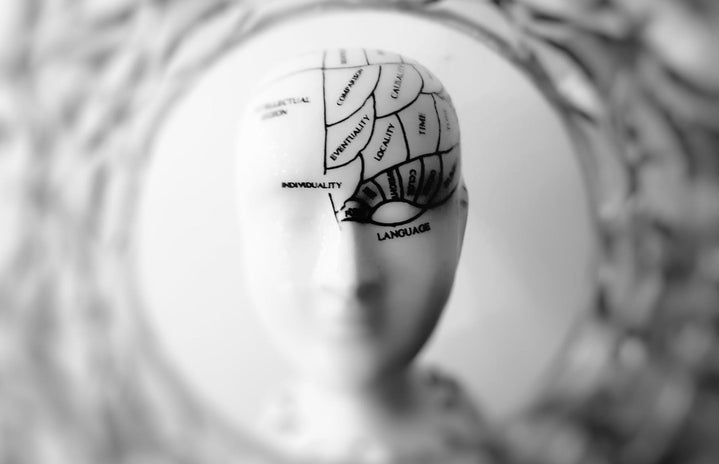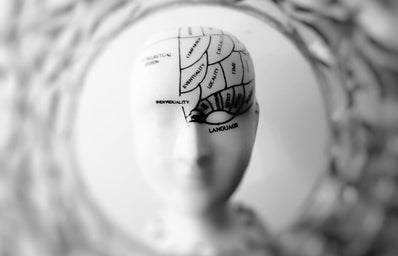For as long as I can remember I have always been very aware and in touch with different scents. Before understanding that there is in fact a connection between smell, emotion and memory, I was definitely experiencing this phenomenon.
When I was a very young child, my mom wore two different perfumes; one for everyday, and the other for nights out with my dad or her friends. Let’s just say I had difficulty being ok with my mom leaving to go out, so a mere whiff of her ‘going-out-perfume’ made me feel anxious and upset, while the scent of her ‘everyday-perfume’ made me feel relaxed and comfortable. Nearly two decades later, the smell of her going-out-perfume continues to instill anxiety in me even though I am no longer bothered by her absence.
A few days ago, after smelling something that vividly reminded me of my nursery school (a memory from almost 20 years ago!), I decided to finally look into the science behind the relationship between smell, emotion and memory.
The explanation as to why certain smells make us feel a strong emotion or recall a specific memory is actually more straightforward than you might expect. The regions in the brain which deal with smells, emotions and memories are intertwined. Smells are sent to the limbic system which includes the amygdala and the hippocampus – two regions of the brain related to emotion and memory. This is likely to be the reason why certain smells can trigger intense emotions and memories on the spur of the moment.
I was surprised to learn that there is actually a name for the exact moment a smell triggers an emotion and/or memory; the Proustian moment. This phrase was coined after the French author Marcel Proust who recalls such a moment in his 1913 novel, À la recherche du temps perdu, which translates to In Search of Lost Time.
The smells which trigger strong emotions and vivid memories are often from our childhoods. This is the case because scent is, in fact, the first sense to fully develop. Believe it or not, our sense of smell becomes fully developed in the womb! Because of this, smell was at the forefront of our first associations and emotions as children and therefore we, as humans, store smell and emotion in the same memory. Dawn Goldworm states that our childhood creates “the basis for smells you will like and hate for the rest of your life”.
Some individuals who have strong limbic systems are capable of imagining the smells that trigger particular emotions and memories. I believe that I am capable of such a thing because I am able to instantly recall the smell of late loved ones and the smell of the first day of middle school. But what I wonder now, is it the actual smell that I am recalling? Or is there such an emotional association to the particular scent that I have actually remembered the emotion? I can’t quite tell – maybe it is both. If a person is able to recall certain smells, then it is definitely possible that some actually attempt to reproduce certain scents with a conscious or unconscious desire to feel a certain emotion or recall a particular memory.
During my first year at university, on occasions of homesickness I felt a strange urge to make pancakes. When I was a child, my dad always made pancakes on the weekends, while my grandfather would always make blueberry pancakes when my family and I would visit. The mere smell of the pancakes gives me a comforting feeling, as if I am surrounded by my family. While taking a sociology course one semester, I learned about positive and negative associations and I realized that I was probably making pancakes in an attempt to replicate the happiness I felt while eating pancakes with my loved ones. After researching for this article, I now wonder if the scent of pancakes was the true trigger of these positive emotions and cherished memories.
During this unprecedented holiday season, I hope that you are able to create the smells of love and comfort, whether or not you are able to be with your loved-ones in person.
Sources:



